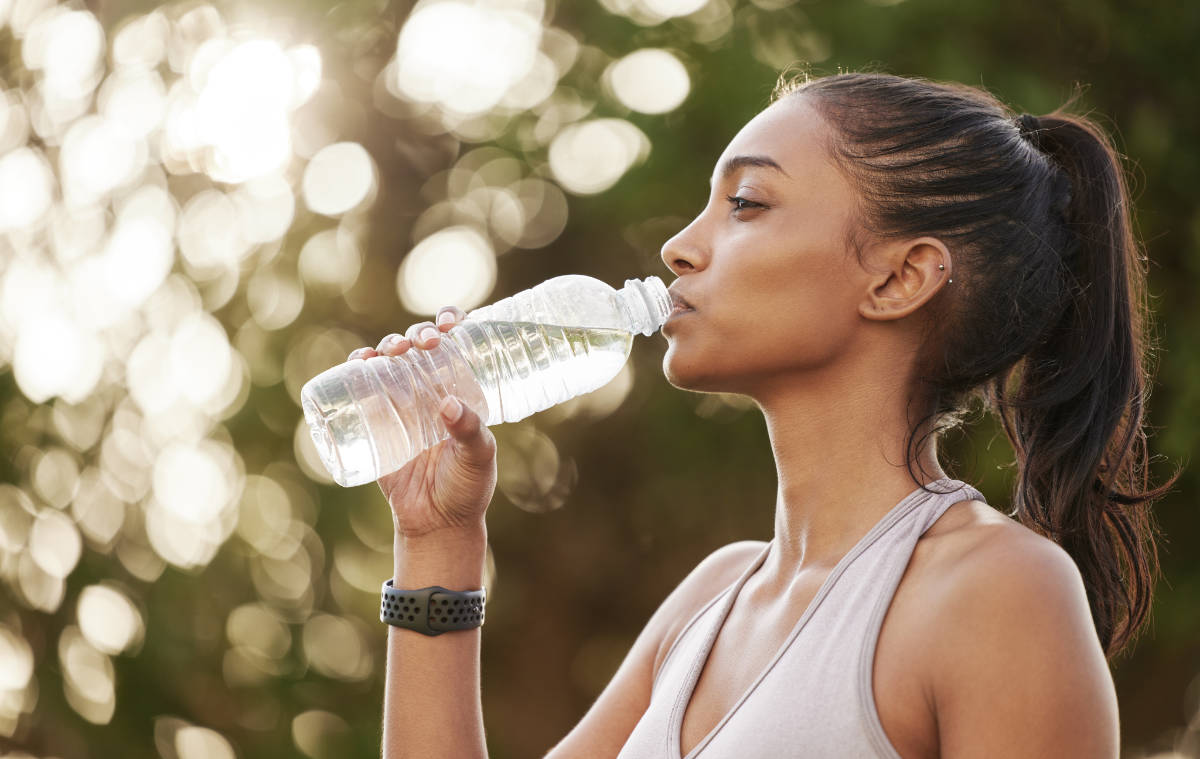- Empty cart.
- Continue Shopping
The Importance of Hydration During Exercise

Exercise is a fundamental aspect of a healthy lifestyle, offering numerous physical and mental benefits. Whether you’re engaged in intense workouts or moderate physical activity, staying properly hydrated is crucial to ensure you perform at your best and protect your overall well-being.
Why is Hydration Important During Exercise?
Hydration plays a pivotal role in exercise performance and recovery for several reasons:
1. Temperature Regulation
As your body heats up during exercise, you sweat to dissipate heat and cool down. Sweating results in the loss of fluids and electrolytes, primarily sodium and potassium. Maintaining proper hydration helps your body regulate temperature effectively, preventing overheating and heat-related illnesses.
2. Optimal Physical Performance
Dehydration can lead to a decrease in physical performance, making workouts feel more challenging and fatiguing. Even mild dehydration, with a fluid loss of just 2% of your body weight, can negatively impact strength, endurance, and coordination.
3. Heart Health
Proper hydration helps maintain blood volume, which is essential for the heart to pump blood efficiently to working muscles. Dehydration can strain the cardiovascular system, making exercise more demanding on the heart.
4. Muscle Function
Muscles require adequate fluid balance to contract efficiently. Dehydration can lead to muscle cramps and reduced muscle function, affecting your exercise form and overall performance.
5. Cognitive Function
Hydration is also vital for cognitive function. Dehydration can lead to impaired concentration, focus, and decision-making during workouts, potentially increasing the risk of accidents or injuries.
How to Stay Hydrated During Exercise
To maintain proper hydration during exercise, follow these practical tips:
1. Pre-Hydrate
Start your exercise session well-hydrated by drinking fluids in the hours leading up to your workout. Aim to consume about 16-20 ounces (approximately 500-600 milliliters) of water or a sports drink a few hours before exercise.
2. During Exercise
- Regular Sips: Take small, regular sips of water during your workout rather than gulping large amounts at once. This helps prevent stomach discomfort.
- Sports Drinks: For intense or prolonged exercise lasting longer than an hour, consider using a sports drink that contains electrolytes (sodium, potassium) to replenish what’s lost through sweat.
- Listen to Your Body: Pay attention to your body’s signals. If you’re thirsty, drink fluids. Thirst is a reliable indicator of your hydration needs.
3. Post-Exercise Hydration
Rehydrate after your workout to replace fluids lost during exercise. Aim to drink at least 16-24 ounces (approximately 500-750 milliliters) of water for every pound (0.45 kilograms) of body weight lost through sweat during exercise.
4. Monitor Hydration Levels
Learn to gauge your hydration status by monitoring the color of your urine. Pale, light-colored urine indicates good hydration, while dark yellow or amber urine may suggest dehydration.
5. Consider Environmental Factors
Exercise in hot and humid conditions can lead to increased sweat rates and higher fluid loss. Adjust your fluid intake accordingly when working out in such environments.
6. Individualized Hydration Plans
Hydration needs vary from person to person based on factors like body size, metabolism, and activity level. Experiment and develop a personalized hydration plan that works best for you.
7. Be Cautious of Overhydration
While proper hydration is crucial, excessive fluid intake can lead to a condition called hyponatremia, characterized by low blood sodium levels. It’s essential to strike a balance and not overhydrate.
Finally, Hydration is a cornerstone of successful exercise, influencing your performance, recovery, and overall well-being. By maintaining proper fluid balance before, during, and after exercise and paying attention to your body’s signals, you can optimize your workout experiences and reduce the risk of dehydration-related issues. Remember that staying hydrated is not just about water intake; it also involves replenishing electrolytes lost through sweat during intense or prolonged exercise. So, sip smartly and make hydration an integral part of your active lifestyle.








